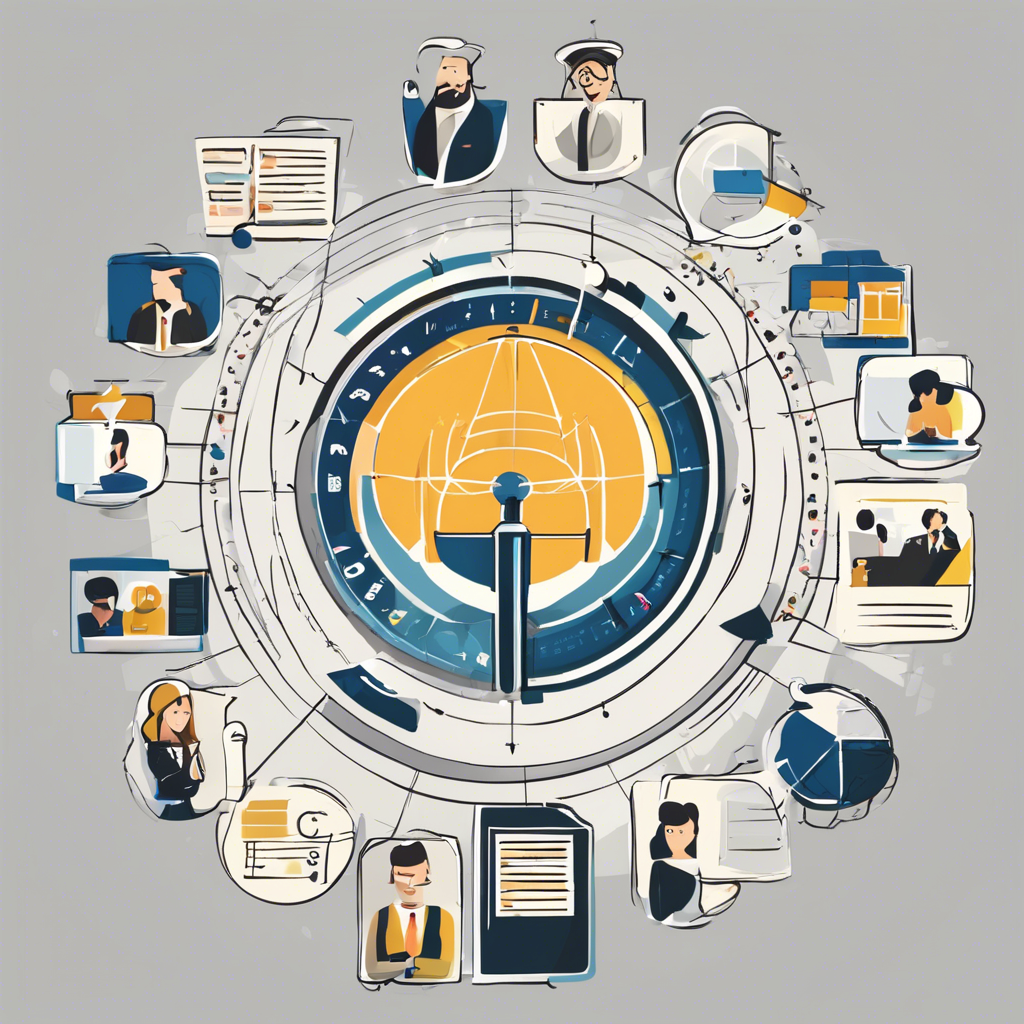The MBA Personality Test is a crucial tool for individuals aspiring to pursue a Master of Business Administration degree. This assessment delves into the unique traits, characteristics, and skills that can influence one’s success in the business world. By understanding their personality profile, prospective MBA students can gain valuable insights into their strengths and areas for development. In this article, we will explore the significance of the MBA Personality Test and how it can impact one’s academic and professional journey.
One of the key benefits of the MBA Personality Test is its ability to provide individuals with a deeper understanding of their leadership style. Effective leadership is essential in the business realm, and the test can shed light on whether a person exhibits traits of a visionary, a strategist, a team builder, or a problem-solver. By identifying their leadership strengths, individuals can leverage them to excel in managerial roles and drive organizational success.
In addition to leadership qualities, the MBA Personality Test also assesses an individual’s communication skills. Effective communication is paramount in business settings, as it facilitates collaboration, negotiation, and relationship building. The test can reveal whether a person excels in verbal communication, written communication, or nonverbal communication, enabling them to enhance their interpersonal skills and convey their ideas more effectively.
Furthermore, the MBA Personality Test evaluates an individual’s decision-making style. In the fast-paced and dynamic business environment, the ability to make sound decisions under pressure is invaluable. The test can reveal whether a person is more inclined towards analytical decision-making, intuitive decision-making, or a combination of both, equipping them with the self-awareness needed to improve their decision-making processes.
Another aspect examined by the MBA Personality Test is an individual’s approach to problem-solving. Business professionals are often confronted with complex challenges that require innovative solutions. The test can uncover whether a person is a logical problem-solver, a creative problem-solver, or a systematic problem-solver, enabling them to leverage their problem-solving strengths to overcome obstacles in the corporate world.
Moreover, the MBA Personality Test delves into an individual’s work style and preferences. Whether a person thrives in a structured environment with clear guidelines or prefers a more flexible and autonomous work setting, the test can provide valuable insights into their work habits and preferences. This self-awareness can help individuals align their career choices with environments that complement their work style, leading to greater job satisfaction and productivity.
Additionally, the MBA Personality Test examines an individual’s emotional intelligence. Emotional intelligence encompasses self-awareness, empathy, social skills, and self-regulation – all of which are essential for effective leadership and interpersonal relationships. By assessing one’s emotional intelligence, the test can highlight areas for improvement and guide individuals on developing their emotional intelligence competencies.
Furthermore, the MBA Personality Test evaluates an individual’s risk tolerance and resilience. In the unpredictable business landscape, the ability to take calculated risks and bounce back from setbacks is crucial for success. The test can reveal whether a person is risk-averse, risk-neutral, or risk-seeking, providing insights into their attitude towards uncertainty and adversity.
Moreover, the MBA Personality Test assesses an individual’s ability to work in teams. Collaboration is integral to achieving organizational goals, and the test can reveal whether a person excels in team environments, possesses strong interpersonal skills, and contributes effectively to group dynamics. This insight can help individuals enhance their teamwork capabilities and thrive in collaborative work settings.
Additionally, the MBA Personality Test explores an individual’s motivation and drive. Motivation plays a pivotal role in achieving goals and overcoming challenges in the business world. The test can uncover whether a person is intrinsically motivated, extrinsically motivated, or motivated by a combination of factors, guiding them on how to sustain their drive and passion for success.
Furthermore, the MBA Personality Test examines an individual’s adaptability and agility. In today’s rapidly evolving business landscape, the ability to adapt to change and embrace innovation is essential. The test can reveal whether a person is open to new experiences, resilient in the face of change, and agile in navigating uncertainties, empowering them to thrive in dynamic business environments.
Moreover, the MBA Personality Test evaluates an individual’s values and ethics. Integrity and ethical decision-making are fundamental in establishing trust and credibility in the business world. The test can shed light on whether a person prioritizes honesty, fairness, and social responsibility, guiding them on upholding ethical standards and values in their professional endeavors.
In conclusion, the MBA Personality Test is a valuable tool for individuals embarking on their MBA journey. By providing insights into leadership style, communication skills, decision-making processes, problem-solving approaches, work preferences, emotional intelligence, risk tolerance, teamwork capabilities, motivation levels, adaptability, and ethical values, the test equips individuals with the self-awareness and knowledge needed to excel in the competitive business landscape. As prospective MBA students leverage the findings of the test to enhance their skills and competencies, they are better positioned to achieve academic success and make a meaningful impact in the business world.
